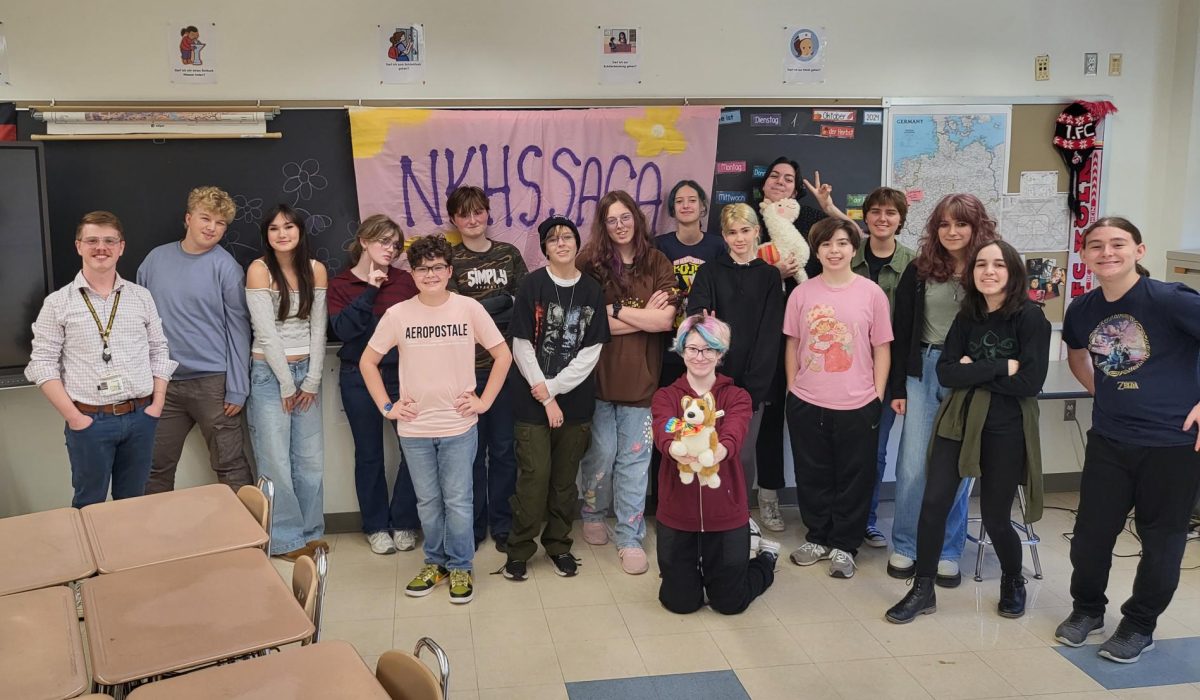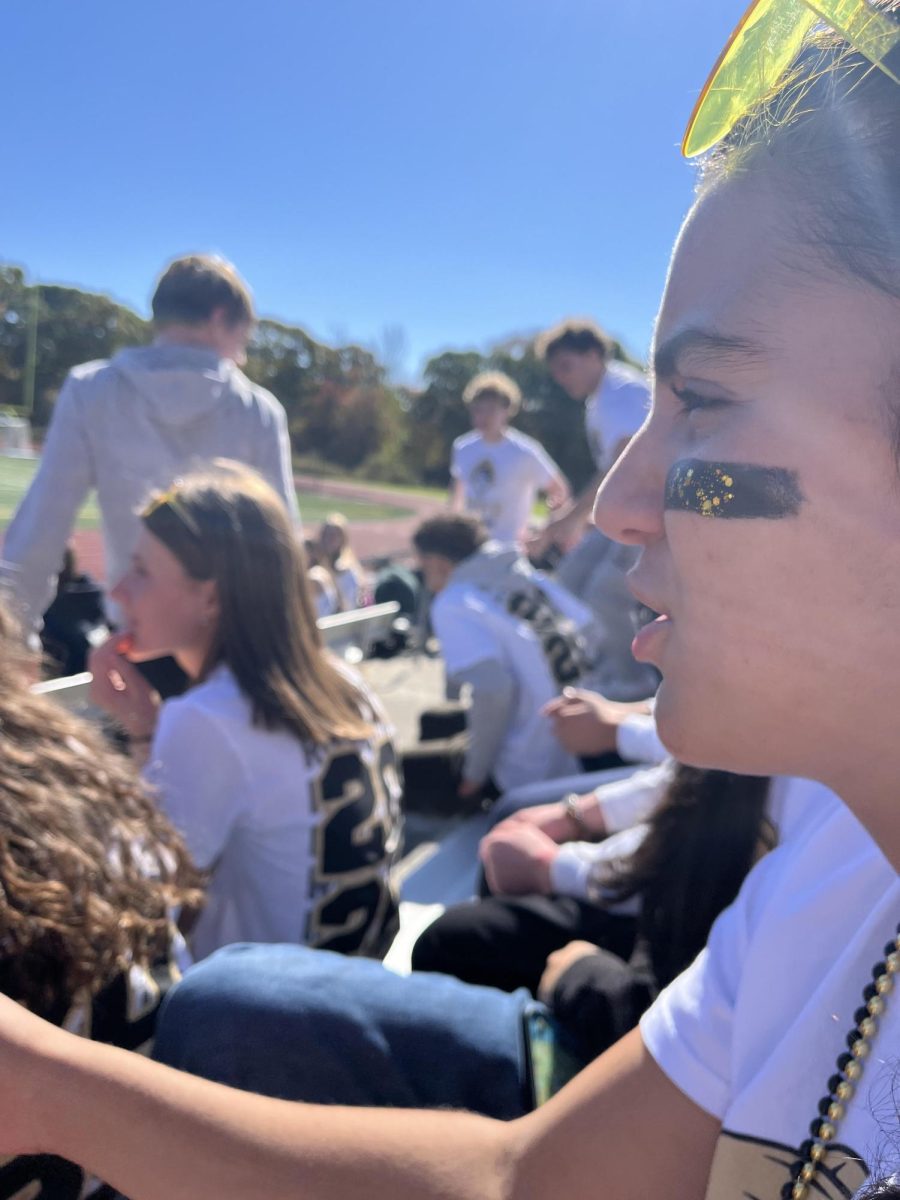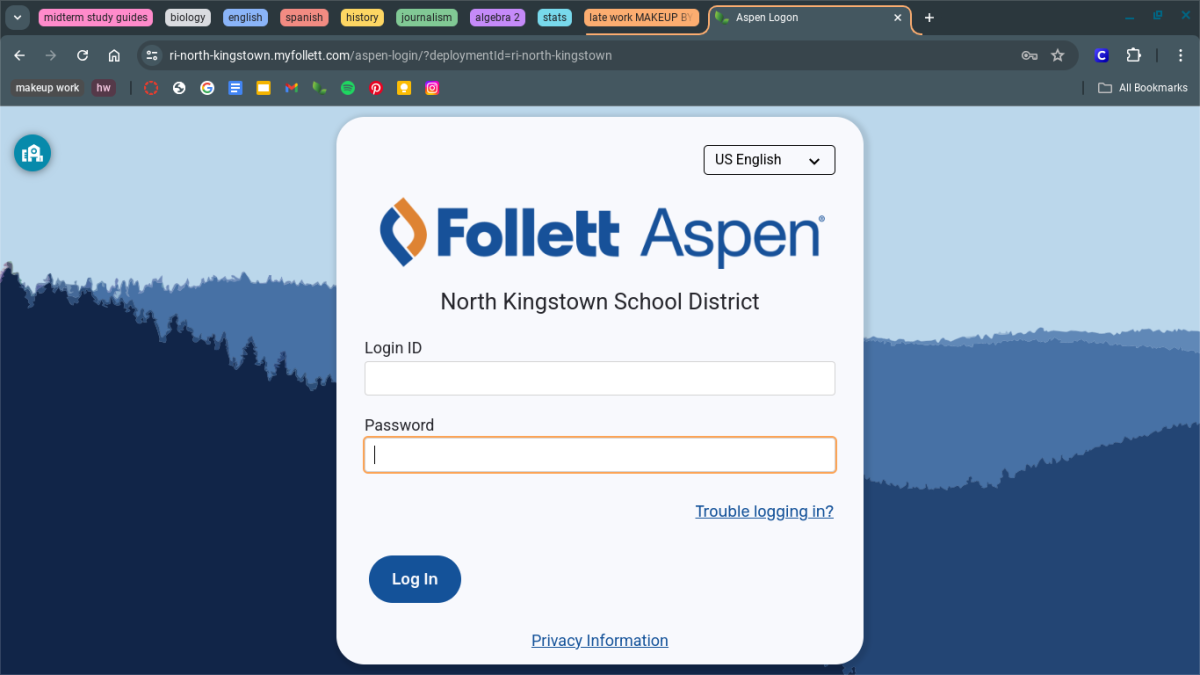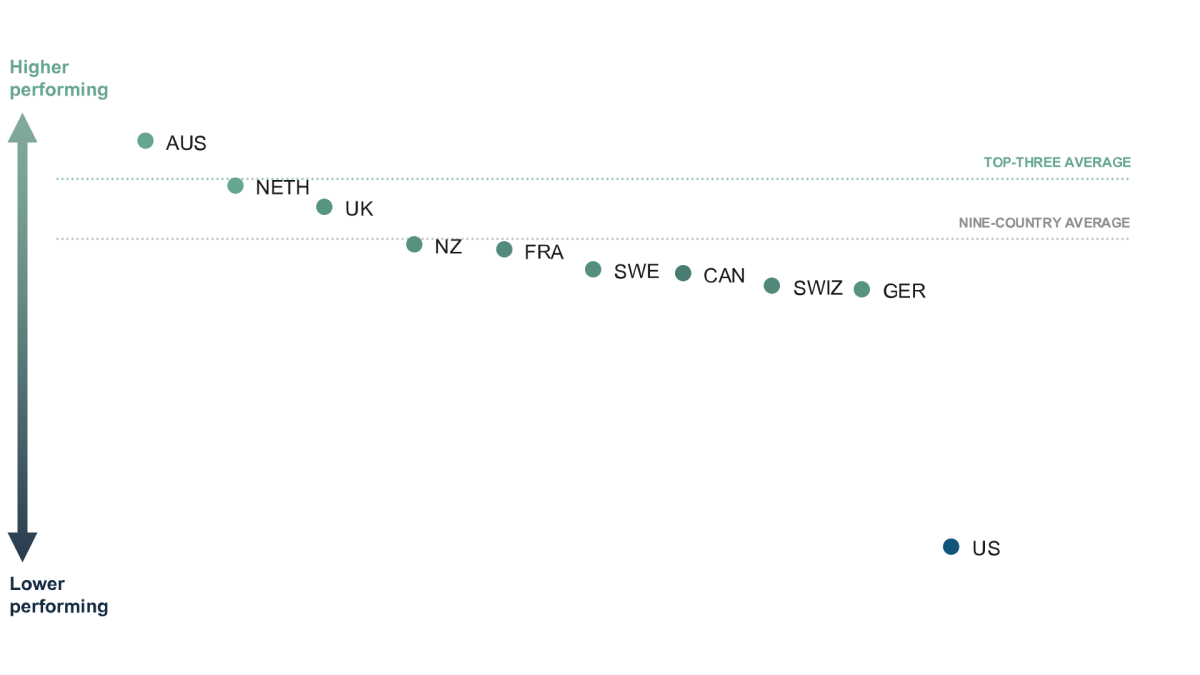Cheating outbreak affects junior class at NKHS
February 15, 2017
An outbreak of cheating in the junior class this school year has left teachers not only concerned, but asking themselves, why?
Dr. Denise Mancieri, NKHS’s principal, has expressed concern towards this issue and has even provided teachers with informational resources, such as Julie Lythcott-Haims’s TED Talk and an article from The Providence Journal about the potential ways to combat cheating among high school students. Over the course of the past few months, teachers at NKHS have had to address their students about this sensitive subject in order to stop the outbreak.
Teachers are searching for an answer to why students are cheating instead of trusting their own academic abilities. Although there are several reasons why students cheat, many students and teachers seem to have similar thoughts about the issue.
According to Julie Lythcott-Haims, who served as a dean and administrator at Stanford University for 14 years, parental pressures have led students to cheat. “What we ask about all too often first is their homework and their grades,” Lythcott-Haims said in her TED talk. “And they see in our faces that our approval, that our love, comes from ‘A’s’…Coaxing them to just jump a little higher and soar a little farther…They are withering now under high rates of anxiety and depression.”
Many students agree with Julie Lythcott Haims’s belief that the pressure parents and teachers put on them creates a stressful environment, where cheating often feels like the only path to success.
“I don’t think cheating is acceptable, however many students do it because of the pressure” said junior Elise Berlinsky. “Students are expected to excel in many high level classes in order to succeed, and many students resort to cheating to cope with the pressure.”
“I don’t think cheating is acceptable, however many students do it because of the pressure. Students are expected to excel in many high level classes in order to succeed, and many students resort to cheating to cope with the pressure.” – Elise Berlinsky, junior
Other students who wished to remain anonymous echoed Berlinsky’s thoughts about why cheating has increased among members of the Class of 2018 this year. According to these students, the combination of stresses that are associated with junior year, the constant pressure from teachers and parents, and a lack of understanding on students’ behalfs about the consequences of their actions have led to an increase in cheating.
Besides adding more stress to their lives, many people think that it is a teacher’s and a parent’s job to teach morals to students, such as the idea that foul actions often have foul consequences.
“I think [that cheating] has been a constant and chronic problem for years now that has not been properly addressed,” said Ms. D’Ellen Roye, an English teacher at NKHS.
Roye has caught students cheating on multiple occasions and has “absolutely” had to have uncomfortable conversations with students and parents about the issue.
“In my opinion, students generally cheat because they run out of time on the deadline. They put things off to the last minute, they panic, and they cheat,” Roye said. “I think other kids cheat because they are simply not interested in the subject matter or don’t know the seriousness of the offense… Sharing work with a friend because they have not done their own work – that’s cheating.”
However, Roye said that she does not usually have a problem with students cheating during assessments in class. She feels that cheating more often occurs outside of the classroom. “It’s just too easy for kids to cut and paste and not have to use their own brains,” Roye said. “That’s why I try to do an equal amount of in-class writing.”
Roye hopes that her fellow teachers and administrators will work together to better address the problem of cheating among NKHS students. “I would like to see [this issue] become a campaign – something that rises to a priority,” Roye said. “We are not doing our students a service by not impressing upon them how impactful cheating can be on their future.”
“I would like to see [this issue] become a campaign – something that rises to a priority. We are not doing our students a service by not impressing upon them how impactful cheating can be on their future.” – D’Ellen Roye, English teacher










